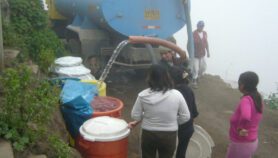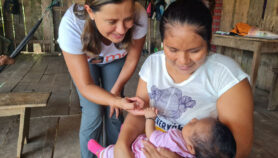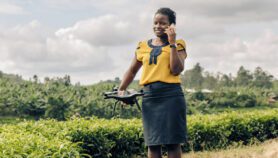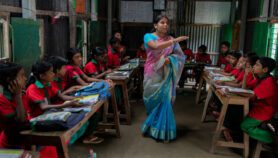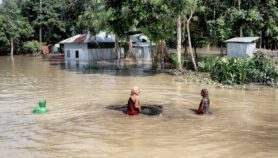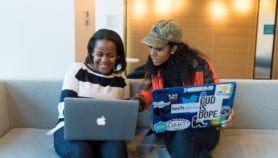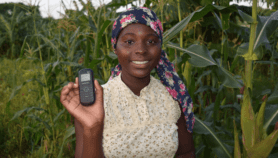By: Wagdy Sawahel
Send to a friend
The details you provide on this page will not be used to send unsolicited email, and will not be sold to a 3rd party. See privacy policy.
[CAIRO] An online repository of thousands of scientists’ lectures from around the world will be launched by the Bibliotheca Alexandrina in Egypt in January (2009).
The repository — known as the Supercourse — is an attempt to improve access to science education in developing countries by targeting a total of 100,000 Golden PowerPoint lectures from scientists worldwide within a year and one million in three years.
The library hopes that the repository will become a knowledge network in four main scientific disciplines — medicine, engineering, environment and agriculture — through a community of more than 55,000 scientists in 175 countries who are sharing their collective library of more than 3,400 lectures.
According to Mohamed El-Faham, the project manager and director of the library’s Center for Special Studies and Programmes, the Supercourse is recapturing the ancient mission of Bibliotheca Alexandrina and reinterpreting it for the digital age.
"The project aims mainly to provide teachers and scholars from developing countries who don’t have access to relevant and updated scientific information with the necessary tools and means to present science to their students in an effective fashion," he says.
Hassan Moawad Abdel Al, former president of Alexandria’s Mubarak City for Scientific Research and Technology Applications welcomes the news.
"This project, along with other similar initiatives, should be collected in an online directory for science education resources for the South," he told SciDev.Net.
But Eltayeb Mohamed Abdelgadir, researcher at the Sudan-based Agricultural Research Corporation, says that without enough computers, fast and reliable Internet connections, or even a reliable electricity supply — problems most developing countries suffer from — access to online science and technology repositories will be "limited".
"Assistance is needed to build adequate and reliable infrastructure for information communication technology as well as developing the necessary human resource capabilities," he says.



